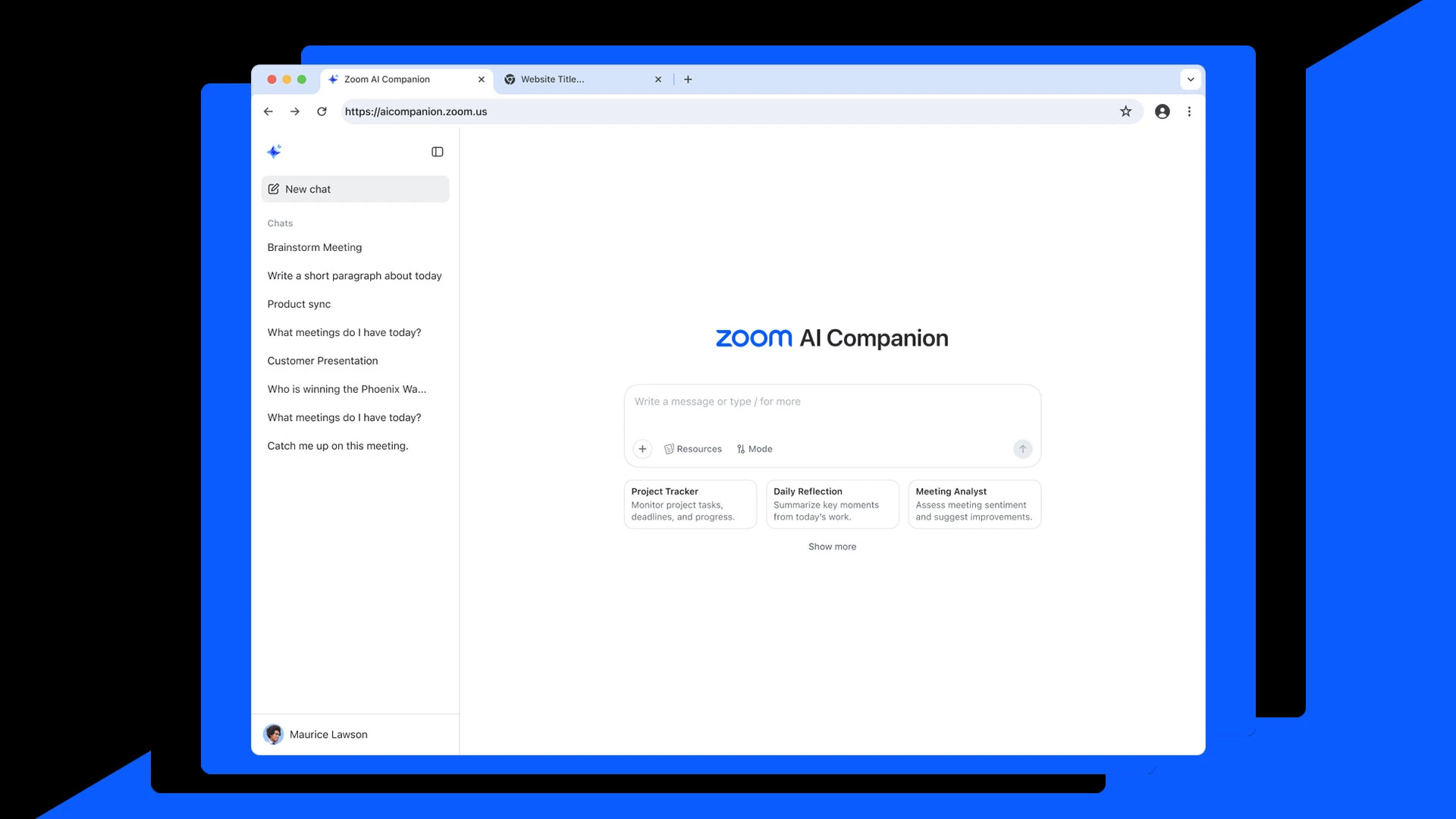
"Instead of merely summarizing discussions, AI Companion can interpret intent, decide on next steps, and execute them across a wide array of applications and workflows, all powered by an agentic AI architecture. Zoom describes the shift as a move away from passive assistants toward true collaborators-systems designed not just to respond to requests but to anticipate needs, make decisions, and carry out tasks, much like a colleague would."
"The leap from a passive assistant to a proactive agent in AI Companion 3.0 is made possible through the integration of agentic skills, including reasoning, memory, task action, and orchestration, he says. Under the hood, Zoom relies on a federated system that can pull from its own models as well as those from OpenAI and Anthropic, ensuring conversations reach resolution."
Zoom became a household name by keeping people connected during the pandemic, but being synonymous with meetings limited its identity. The company launched AI Companion 3.0 to reposition itself as an agentic AI workplace capable of proactive collaboration. AI Companion 3.0 can interpret intent, decide next steps, and execute actions across applications and workflows using agentic skills such as reasoning, memory, task action, and orchestration. The system uses a federated architecture that draws on Zoom’s models and external models to resolve conversations. The platform functions as a horizontal intelligence layer connecting third-party apps and extending into rival ecosystems.
Read at Fast Company
Unable to calculate read time
Collection
[
|
...
]